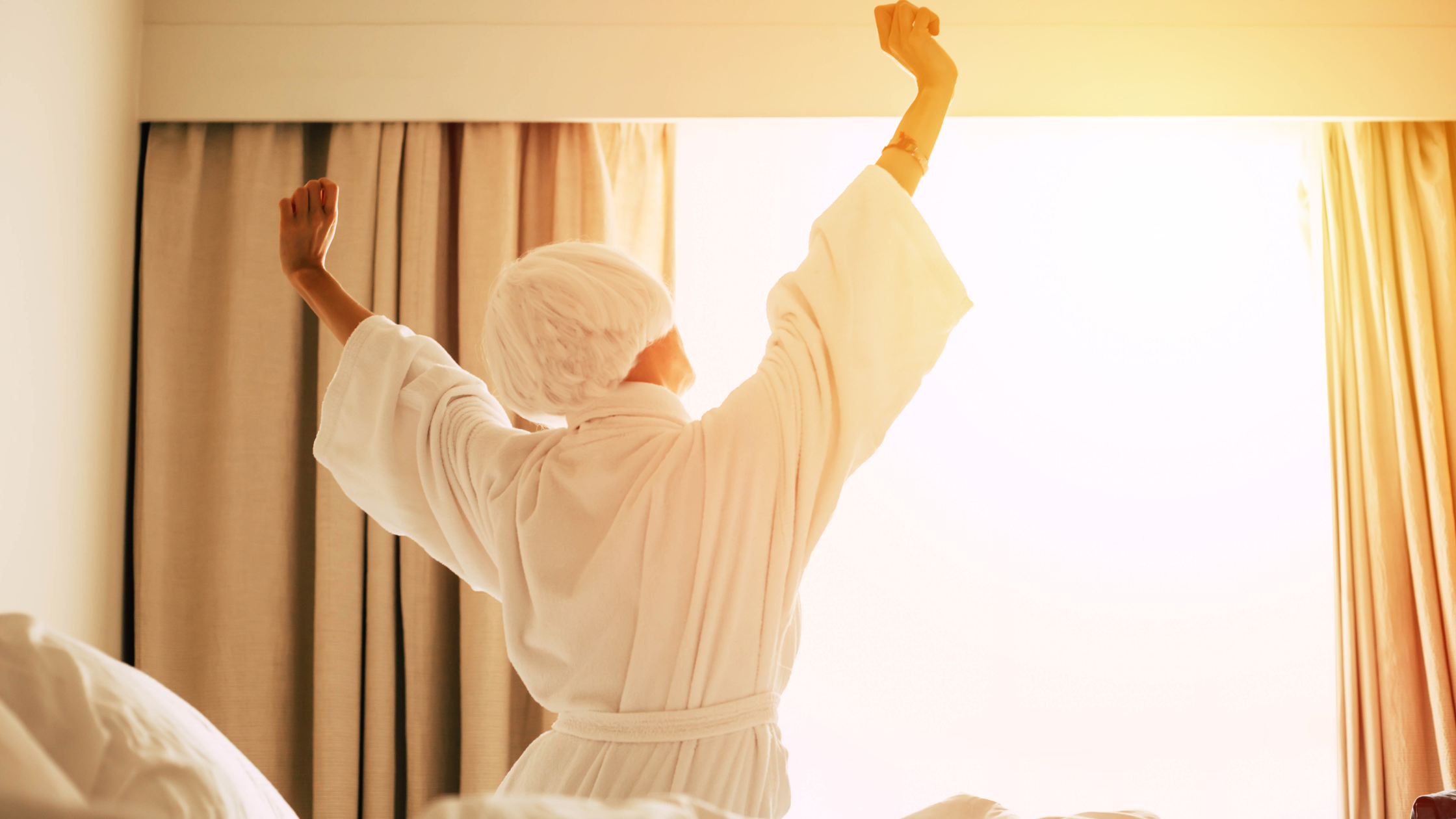Have you ever wondered why some people are full of energy and ready to conquer the world at the crack of dawn, while others thrive during the quiet hours of the night? The answer lies in our individual sleep preferences and patterns. In this blog post, we will delve into the fascinating world of sleep types, exploring the characteristics of night owls and early birds. By understanding these distinct sleep patterns, you can gain insights into your own preferences and optimize your sleep for better overall well-being.
Night Owls: Embracing the Nighttime Persona
Night owls, also known as evening types or nocturnal people, are individuals who naturally prefer to stay up late and find themselves most productive and alert during the nighttime hours. They often feel a surge of energy as the sun sets and struggle to wake up early in the morning. While night owls might face challenges in a society that operates on a morning-oriented schedule, they possess unique qualities and strengths.
One of the key factors contributing to a person being a night owl is their biological predisposition. Night owls typically have a delayed circadian rhythm, which means their internal body clock is naturally inclined to follow a later sleep-wake cycle. Research suggests that this tendency may be influenced by genetic factors.
Night owls often excel in creative fields that require solitude and focus, as the late-night hours provide a quiet and distraction-free environment. They are known for their ability to think deeply and come up with innovative ideas during these solitary hours. However, night owls may face challenges when their sleep patterns clash with societal expectations, such as early work schedules or morning commitments.
Early Birds: Rising with the Morning Sun
In contrast, early birds, also referred to as morning types or larks, are individuals who effortlessly rise early in the morning and experience peak productivity during the first half of the day. Early birds tend to feel sleepy earlier in the evening and have an easier time adjusting to early morning routines. They thrive on structure and appreciate the tranquility and freshness of the early hours.
The preference for being an early bird is also influenced by biological factors, including an advanced circadian rhythm. Early birds' internal body clocks align more closely with the traditional societal schedule, making it easier for them to adapt to early morning commitments.
Early birds have the advantage of being able to take advantage of the productive morning hours. They often complete tasks efficiently, experience higher levels of concentration, and enjoy the benefits of increased exposure to natural light, which can boost mood and regulate sleep-wake patterns. However, they may find it challenging to stay up late at night or maintain the same level of alertness in the evenings.
Understanding and Optimizing Your Sleep Type
Discovering your sleep type, whether you lean towards being a night owl or an early bird, can help you optimize your sleep and enhance your overall well-being. Here are some strategies for embracing and optimizing your sleep type:
-
Recognize your natural tendencies: Pay attention to your energy levels and productivity throughout the day. Determine whether you feel more alert and energized during the late-night hours or early morning.
-
Design your sleep environment: Create a sleep-friendly environment that suits your sleep type. Night owls may benefit from using blackout curtains and minimizing exposure to bright light in the evening, while early birds can take advantage of natural morning light by keeping their curtains open.
-
Establish consistent sleep routines: Regardless of your sleep type, maintaining a regular sleep schedule can enhance sleep quality. Try to go to bed and wake up at the same time every day, aligning with your natural tendencies as much as possible.
-
Optimize your work or study schedule: If your lifestyle allows flexibility, try to align your work or study schedule with your sleep type. Night owls may find it beneficial to schedule demanding tasks or creative projects during their peak alertness in the evenings, while early birds can prioritize important tasks in the morning.
-
Prioritize sleep hygiene: Practice good sleep hygiene habits, such as avoiding caffeine and stimulating activities close to bedtime, creating a calming pre-sleep routine, and ensuring your sleep environment is comfortable and conducive to rest.
Conclusion
Understanding and embracing your sleep type, whether you identify as a night owl or an early bird, can significantly impact your well-being and productivity. By recognizing your natural tendencies and optimizing your sleep routine accordingly, you can enhance your sleep quality and align your daily activities to make the most of your peak energy hours. Remember, everyone's sleep preferences are unique, and celebrating these differences allows us to cultivate a more inclusive and understanding society where sleep types are valued and accommodated.
If you are struggling with getting a good night's rest, please click the orange button below to take a free online sleep test and talk with one of our sleep health expert.


